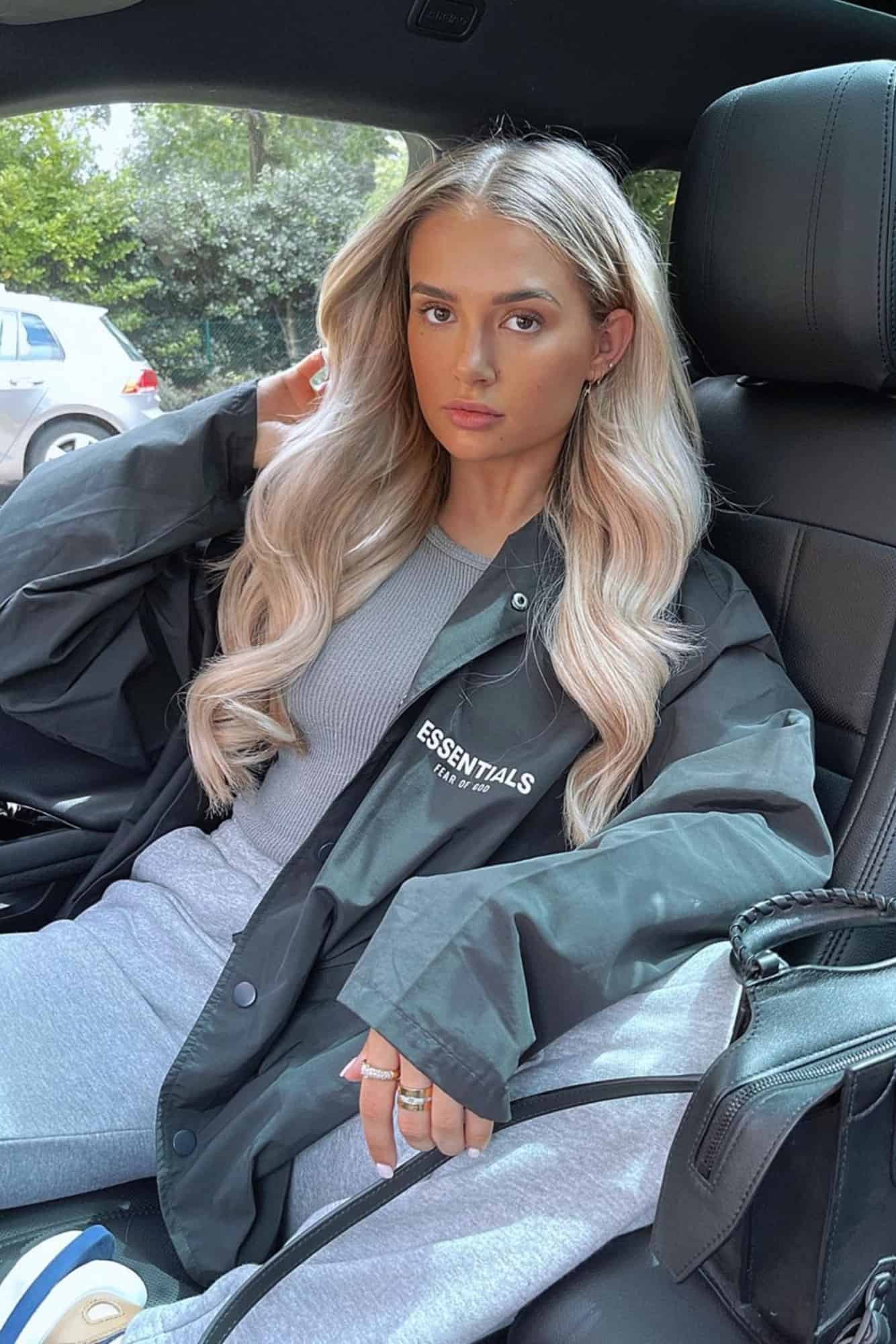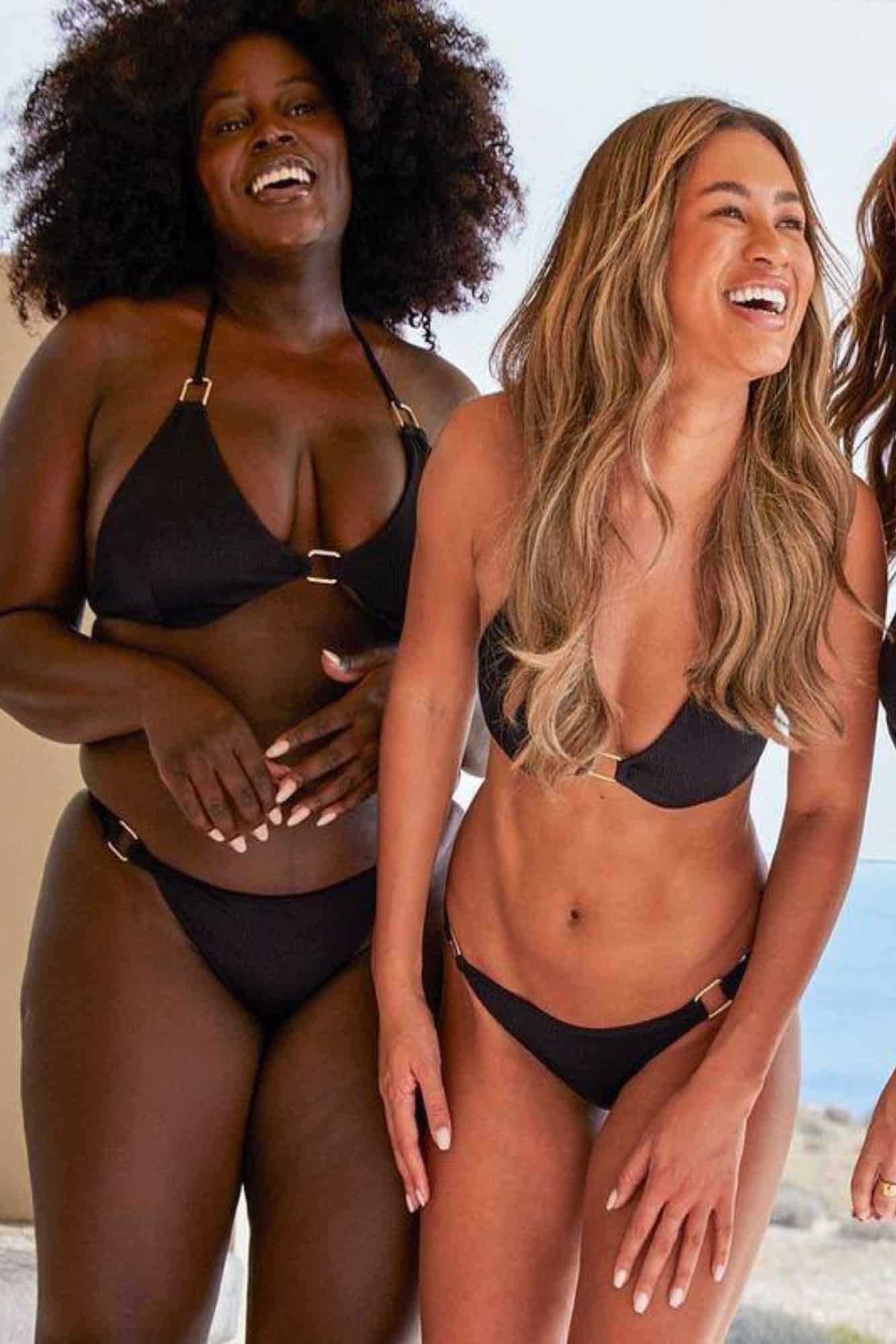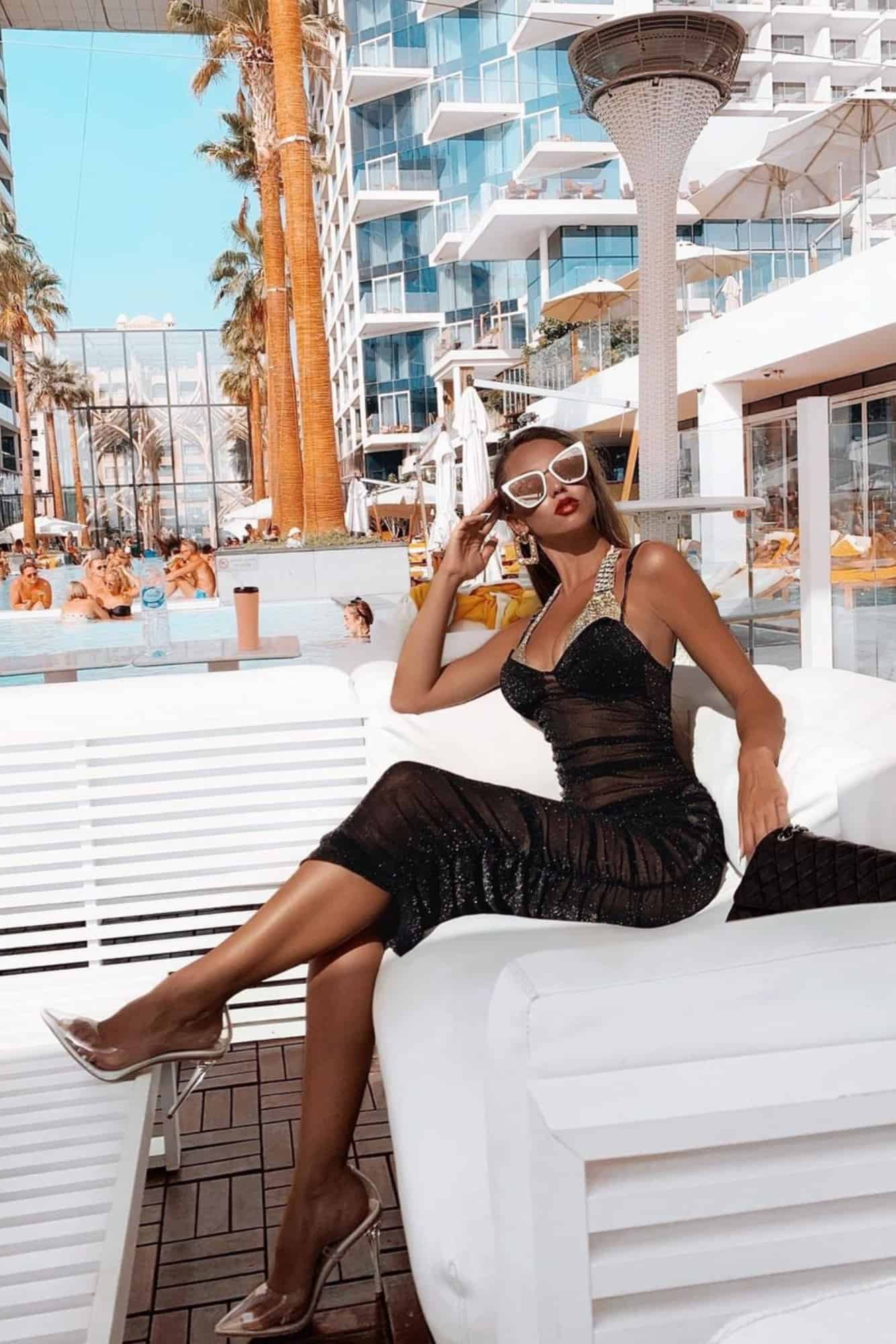What happens when one of the UK’s biggest influencers says she is not an influencer? This is the case with Molly-Mae Hague, who – after being named Pretty Little Thing’s creative director – told the BBC the term no longer applies to her. She has evolved past it.
Hague is right to reject the label “influencer” – after all, it was initially a band-aid term to describe those who were driving consumer behaviour on Instagram. A means to an end for marketers trying to capitalise on a new kind of digital media. The reason “influencer” stuck is purely down to the fact the industry grew up so fast that nobody had time to change it or come up with something better.
Prior to this, bloggers and YouTubers were harder to unite under a banner term as they played such different roles. How could you label someone who had millions of views and was a global teen obsession the same thing as someone who shared diary posts on WordPress?
Instagram was the great leveller. It allowed the advertising, media and marketing industries to join the dots between all creators as suddenly they were all doing the same thing for the first time. Posting pictures. They went from having vastly different jobs to having – at least in part – the same job. The word influencer started to become a much-used term in all meetings about digital projects but nobody – from marketers to the creators themselves – really felt comfortable with it.
The creator media is a long-term fascination of mine and as editor of HuffPost Style and an AOL lifestyle website called MyDaily back in 2013, I made these people our focus rather than major celebrities. An indie cafe owner sharing her recipes and cooking tutorials on YouTube interested me far more than Cheryl Cole. I spoke to my boss about this growing creator movement and in commercial pitches, we called them “The Authentics”. Admittedly a bit cringeworthy in retrospect but as we worked in editorial, our perception of creators’ value was rooted in the stories they were telling, not their ability to influence how their followers shopped.
The term we came up with was not good enough, but I think our instinct was correct – to give creators a banner title around who they are and what they do. Yes, they influence but this is a by-product of their content – not the sole purpose.
Can the word influencer be removed from our lexicon now? Probably not for various reasons, but primarily due to how we all find things on Google and the fact that many people still struggle to understand the concept of an influencer. Changing the job title could set us all back to square one.
In saying that, I applaud Molly-Mae and any other creator rejecting the word and defining themselves on their own terms, based on what they do. It reflects the entrepreneurial spirit the creator media is built on – that main character energy – and is symptomatic of an increasing awareness that while some influencers are digital stars, many are not. Lumping everyone together is bad business and whether the industry around influencers likes it or not, this first kickback is just the start.
By Sara McCorquodale, CEO and founder of CORQ. Picture credit: Molly-Mae Hague via Instagram.










Molly-Mae Hague could be a generation-defining influencer but she’s the last one Love Island created